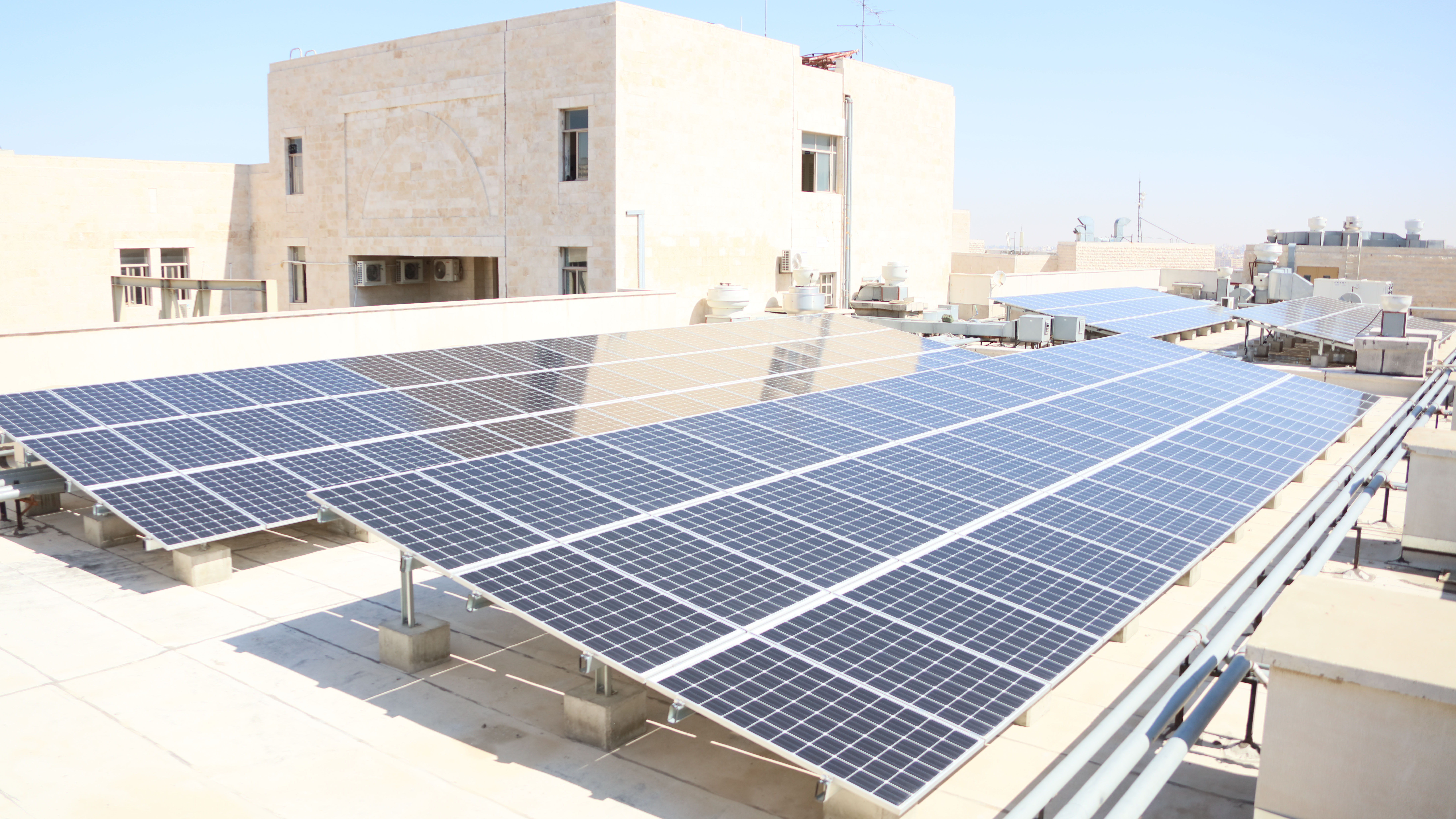Engicon, in partnership with GFA Consulting Group GmbH, made a significant contribution to the successful implementation of the Energy Efficiency in Public Buildings (EEPB) project. This project, financed by KfW (Kreditanstalt für Wiederaufbau - German Investment and Development Bank), aimed to enhance energy-saving measures in 202 public buildings, with a particular focus on those associated with the Ministry of Public Works and Housing. As a result, remarkable energy and cost savings were achieved. Engicon and GFA Consulting Group's joint efforts have played a crucial role in reducing CO2 emissions and laying the foundation for a sustainable future.
The EEPB project focused on four essential key areas: organizational and institutional enhancements, capacity building for Energy Efficiency, implementation of Energy Efficiency measures in relevant buildings, and comprehensive monitoring and evaluation.
The project’s implementation process was divided into two stages: the Pilot Phase and the Roll-Out Phase.
During the Pilot Phase, five government buildings, including the Ministry of Public Works and Housing (MoPW) and hospitals, underwent energy-saving upgrades. These included the installation of an 800 KWp photovoltaic solar system, the replacement of lighting units with LED lights, and the implementation of solar heating systems for MoPW.
In the Roll-Out Phase, approximately 200 standardized buildings, such as schools and health centers, were equipped with photovoltaic solar systems. Moreover, around 100 buildings, including larger hospitals and office buildings, received photovoltaic solar systems specifically designed to meet their high energy demands. Additionally, the ASEZA building in Aqaba had a 1.2 MWp capacity wheeling-type photovoltaic solar system installed. LED lighting replacements were implemented across all the mentioned buildings, significantly enhancing energy efficiency and reducing energy consumption.
Services Provided:
- Support in Design and Program Implementation Structures, Procedures, and Coordination:
- Analyzing existing structures and procedures to identify areas for improvement.
- Elaborating recommendations for appropriate structures and procedures during the implementation phase.
- Setting Criteria for Selecting Contractors and Suppliers, Energy Performance Criteria, and Recommendations on Approval Process:
- Analyzing the legal framework and regulations related to tendering and procurement.
- Providing recommendations on the tendering process.
- Developing criteria and requirements for selecting contractors and suppliers.
- Establishing energy performance criteria for each type of measure to be included in the tender documents and approval process.
- Offering recommendations for ensuring adequate operation, maintenance, and repair.
- Providing assistance and advice on preparing tender documents.
- Recommending supervision of construction activities and the approval process for measures.
- Ensuring Work Safety, Environmental Protection, and Climate Protection:
- Employing designated environmental experts to conduct comprehensive environmental impact assessments when necessary, including health and safety considerations.
- Supporting the Commissioning and Supervision of Program Implementation Measures:
- Reviewing material submittals in accordance with the tender documents.
- Negotiating contracts with vendors, contractors, and sub-contractors.
- Verifying energy efficiency designs and studies for both photovoltaic (PV) and lighting systems.
- Ensuring work progress aligns with standards and codes.
- Overseeing the workflow of contractors and evaluating their overall performance.
- Approving construction works by conducting inspections at critical phases.


